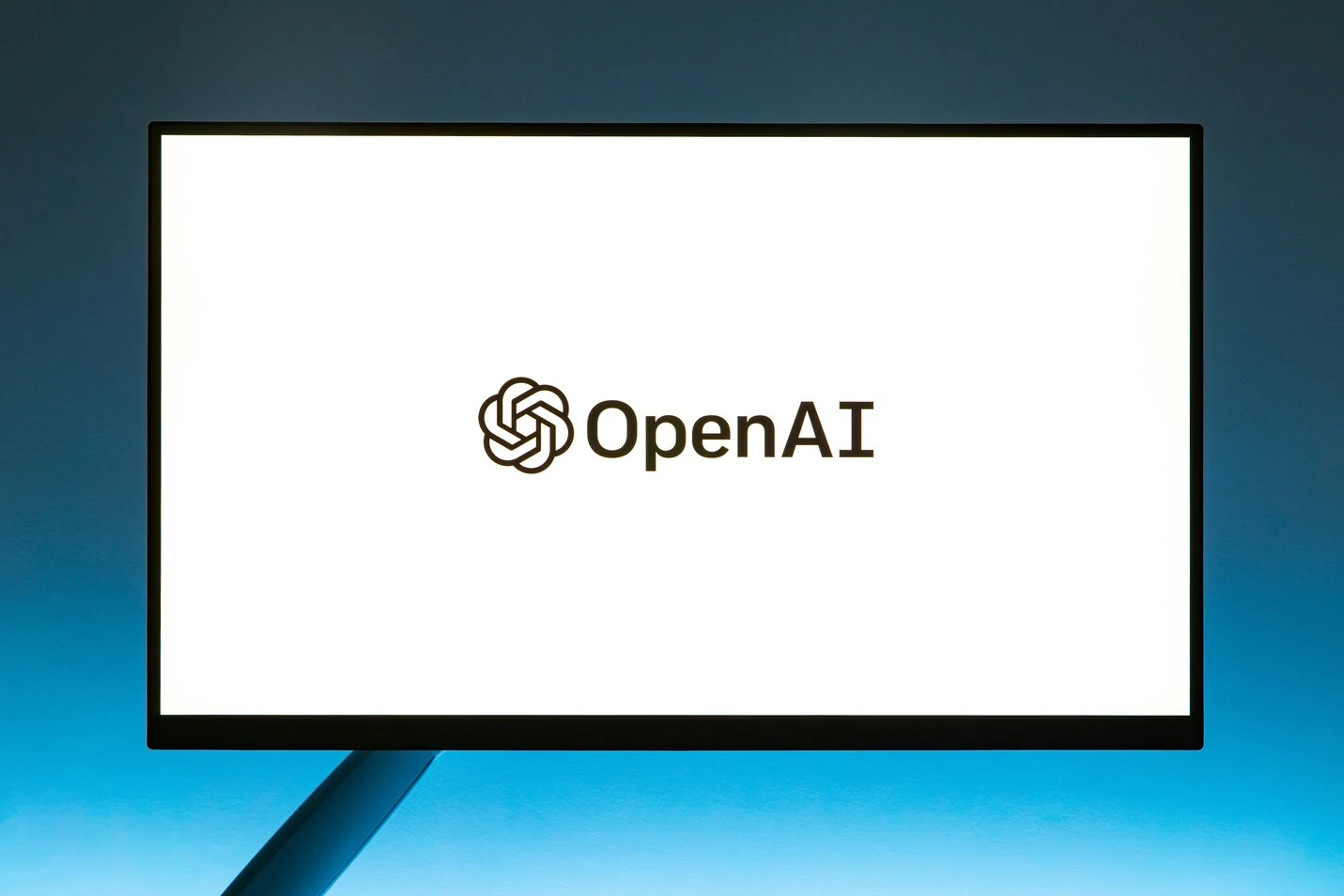Introduction: The AI Revolution in Education
The educational landscape has transformed dramatically in 2025, with generative artificial intelligence becoming an indispensable study companion for millions of students worldwide. Recent studies show that over 78% of students now use AI tools to enhance their learning experience, making it essential to understand how to harness these powerful technologies effectively.
Generative AI has moved beyond simple chatbots to become sophisticated learning partners that can personalize education, create custom study materials, and adapt to individual learning styles. Whether you're struggling with complex concepts, need help organizing study schedules, or want to create engaging practice materials, AI tools can revolutionize your academic performance.
This comprehensive guide will show you exactly how to study smarter with generative AI, providing step-by-step instructions and practical strategies that can boost your grades and reduce study time by up to 40%.
Understanding Generative AI for Students
Generative AI refers to artificial intelligence systems that can create new content, whether it's text, images, or interactive materials, based on prompts and instructions. Unlike traditional study tools, these AI systems can understand context, adapt to your learning style, and generate personalized educational content on demand.
The key advantage of using generative AI for studying lies in its ability to:
- Personalize learning experiences based on your strengths and weaknesses
- Generate unlimited practice materials tailored to your curriculum
- Explain complex concepts in multiple ways until you understand
- Create study schedules that optimize your learning efficiency
- Provide instant feedback on your progress and understanding
Top AI Tools Every Student Should Know in 2025
ChatGPT: Your AI Study Tutor
ChatGPT remains the most versatile AI tool for students, offering capabilities that extend far beyond simple question-answering. Here's how to maximize its potential for studying:
Best practices for using ChatGPT:
- Use specific prompts like "Explain quantum physics concepts as if I'm a high school student"
- Ask for step-by-step solutions to complex problems
- Request alternative explanations when you don't understand the first attempt
- Use it to create study outlines and organize complex topics
Grammarly: AI-Powered Writing Enhancement
Grammarly has evolved into a comprehensive writing assistant that goes beyond grammar checking. For students, it offers:
- Real-time writing suggestions that improve clarity and coherence
- Plagiarism detection to ensure academic integrity
- Tone adjustment for different types of academic writing
- Citation assistance for research papers
Notion AI: Smart Note-Taking and Organization
Notion AI transforms how students organize and interact with their study materials by offering:
- Intelligent note summarization that extracts key points automatically
- Content generation for study guides and outlines
- Database organization that connects related concepts across subjects
- Template creation for consistent note-taking formats
Quizard: The Ultimate All-in-One AI Study Solution
While the tools mentioned above excel in specific areas, Quizard stands out as the comprehensive AI-powered study platform designed specifically for students who want to make studying a fun process.
Why Quizard is revolutionizing student learning:
Quizard combines the power of multiple AI technologies into one seamless platform, offering everything you need to master any subject. Unlike using multiple separate tools, Quizard provides an integrated experience that saves time and maximizes learning efficiency.
Key Quizard features that make studying effortless:
- Intelligent Flashcard Generation: Simply upload your textbook chapters, lecture notes, or study materials, and Quizard's AI instantly creates comprehensive flashcard sets with optimal spaced repetition schedules
- Adaptive Quiz Creation: Generate unlimited practice quizzes that adjust difficulty based on your performance, focusing on areas where you need the most improvement
- Smart Study Scheduling: Algorithms create personalized study plans that optimize retention and prevent cramming
- Progress Analytics: Detailed insights into your learning patterns help identify strengths and areas for improvement
How Quizard solves common study challenges:
- Time Management: Automated study schedule creation eliminates guesswork about when and what to study
- Information Overload: AI summarization breaks down complex materials into digestible chunks
- Retention Issues: Scientifically-backed spaced repetition ensures long-term memory consolidation
- Engagement Problems: Interactive quizzes and gamified learning keep you motivated
- Personalization: Adaptive algorithms adjust to your unique learning style and pace
Step-by-Step Guide: Using AI for Different Study Tasks
Step 1: Content Summarization and Note-Taking
Using ChatGPT for summarization:
- Copy lengthy text or lecture notes into ChatGPT
- Use prompts like "Summarize this in bullet points for easy studying"
- Ask follow-up questions for clarification on specific points
- Create mind maps by requesting visual organization of concepts
Using Quizard for automated note processing:
- Upload your lecture, PDFs, or handwritten notes
- Let Quizard's AI extract key concepts and create structured summaries
- Review generated flashcards and modify as needed
- Set up spaced repetition schedules for optimal retention
Step 2: Creating Practice Materials
Generating flashcards with AI: Traditional flashcard creation is time-consuming and often incomplete. Here's how to use AI effectively:
- With Quizard: Upload any study material and receive comprehensive flashcard sets within minutes.
- With ChatGPT: Provide topic outlines and request specific types of flashcards (definition-based, problem-solving, concept application)
- Quality control: Review AI-generated cards for accuracy and add personal examples
Creating practice quizzes and tests:
- Using Quizard's adaptive quiz feature: Generate unlimited practice tests that adjust to your knowledge level and focus on weak areas
- Specify quiz parameters: Choose question types (multiple choice, short answer, essay), difficulty levels, and topic focus
- Track performance: Use built-in analytics to identify patterns and adjust study strategies
Step 3: Explaining Complex Concepts
Maximizing AI explanations:
- Start with broad topic overviews and progressively ask for more detailed explanations
- Request analogies and real-world examples to make abstract concepts concrete
- Ask for explanations at different educational levels if the first attempt is too complex
- Use follow-up questions to explore connections between related concepts
Step 4: Problem-Solving and Math Support
Using AI for STEM subjects:
- Break complex problems into smaller steps and ask AI to explain each stage
- Request alternative solution methods to understand different approaches
- Generate similar practice problems to reinforce learning
- Use AI to check your work and identify common mistakes
Enhancing Focus and Productivity with AI
AI-Driven Time Management Techniques
Creating optimal study schedules: Modern AI tools can analyze your learning patterns, course requirements, and personal schedule to create highly effective study plans.
Using Quizard's smart scheduling:
- Input your course syllabi and assignment deadlines
- Specify your available study hours and preferred times
- Automatically create a personalized schedule that maximizes retention
Pomodoro technique optimization:
- Use AI to determine optimal work/break intervals based on subject difficulty
- Generate topic-specific tasks for each study session
- Track productivity patterns and adjust schedules accordingly
Distraction Management with AI
AI-powered focus tools:
- Use AI to identify your most productive study hours
- Generate personalized focus music or ambient sounds
- Create distraction-blocking schedules during peak study times
- Set up AI-powered accountability systems
Ethical Considerations and Responsible AI Use
Understanding Academic Integrity
Using AI for studying requires careful consideration of academic ethics. Here's how to maintain integrity while leveraging AI tools:
Acceptable AI use for studying:
- Explaining concepts and providing alternative perspectives
- Creating practice materials and self-assessment tools
- Organizing and summarizing your own notes
- Generating study schedules and learning strategies
- Checking grammar and writing style in drafts
Avoiding academic misconduct:
- Never submit AI-generated content as your own work
- Always verify AI-provided information with authoritative sources
- Use AI as a study aid, not a replacement for learning
- Understand your institution's specific AI policies
- Cite AI tools when required by your academic institution
Recognizing AI Limitations and Biases
Critical evaluation of AI outputs:
- Cross-reference AI-generated information with textbooks and scholarly sources
- Be aware that AI can sometimes provide outdated or incorrect information
- Understand that AI may have biases in certain topics or perspectives
- Use multiple sources to verify important concepts and facts
Advanced AI Study Strategies for 2025
Personalized Learning Paths
Creating adaptive study experiences: Modern AI tools can analyze your learning patterns and create highly personalized educational experiences.
Using Quizard's adaptive learning:
- Complete initial assessment quizzes to establish baseline knowledge
- Allow the AI to identify knowledge gaps and learning preferences
- Follow personalized learning paths that adapt as you progress
- Receive recommendations for additional resources based on your learning style
Collaborative Learning with AI
Group study enhancement:
- Use AI to generate discussion questions for study groups
- Create collaborative flashcard sets that multiple students can contribute to
- Generate group quiz competitions to make studying more engaging
- Use AI to moderate online study sessions and keep discussions focused
Exam Preparation Strategies
AI-powered exam preparation:
- Comprehensive review planning: Upload past exams and syllabi to generate targeted review schedules
- Weakness identification: Use practice tests to identify knowledge gaps weeks before exams
- Stress management: AI-generated relaxation techniques and study break activities
- Last-minute review: Condensed study materials and key concept summaries for final review
Measuring Your Success with AI-Enhanced Studying
Tracking Learning Progress
Key metrics to monitor:
- Time spent studying vs. comprehension improvement
- Quiz scores and accuracy trends over time
- Retention rates for different types of materials
- Efficiency of different AI tools for various subjects
Using Quizard's analytics dashboard:
- Monitor daily, weekly, and monthly learning progress
- Identify which study methods work best for different subjects
- Track long-term retention through spaced repetition data
- Adjust study strategies based on performance insights
Setting and Achieving Academic Goals
SMART goal setting with AI assistance:
- Use AI to set Specific, Measurable, Achievable, Relevant, and Time-bound study goals
- Break large objectives into smaller, manageable tasks
- Receive regular progress updates and motivation
- Adjust goals based on performance data and changing circumstances
Future Trends: AI's Role in Education Beyond 2025
Emerging Technologies in Educational AI
The future of AI in education promises even more revolutionary changes:
Virtual Reality Integration: AI-powered VR environments for immersive learning experiences Natural Language Processing Advances: More sophisticated conversation-based learning Predictive Analytics: AI systems that can predict learning challenges before they occur Multimodal Learning: AI that processes text, audio, visual, and kinesthetic learning preferences simultaneously
Preparing for Tomorrow's AI-Enhanced Education
Skills to develop now:
- AI literacy: Understanding how to effectively prompt and interact with AI systems
- Critical thinking: Evaluating AI outputs and maintaining independent reasoning
- Adaptability: Staying flexible as new AI tools emerge
- Digital ethics: Making responsible decisions about AI use in academic settings
Conclusion: Your Path to Smarter Studying with AI
The integration of generative AI into your study routine represents more than just adopting new technology—it's about fundamentally transforming how you learn, retain information, and achieve academic success. By following the strategies outlined in this guide, you can reduce study time while improving comprehension, create personalized learning experiences that adapt to your unique needs, and build skills that will serve you throughout your educational journey and beyond.
Key takeaways for immediate implementation:
Start with one AI tool and master its capabilities before adding others. Quizard offers the most comprehensive solution for students looking to transform their study habits with a single, powerful platform. Its combination of flashcard generation, adaptive quizzing, smart scheduling, and progress analytics makes it the ideal starting point for AI-enhanced learning.
Remember that AI tools are most effective when used consistently and purposefully. Set aside time to learn proper prompting techniques, establish clear boundaries for ethical use, and regularly evaluate your progress to ensure you're maximizing the benefits of these powerful technologies.
The students who embrace AI-enhanced studying today will have significant advantages tomorrow. By learning to work effectively with AI systems now, you're not just improving your current academic performance—you're developing skills that will be essential in the AI-driven world of the future.
Ready to revolutionize your studying? Start by exploring Quizard's comprehensive AI study tools and experience firsthand how artificial intelligence can make you a more efficient, effective, and successful student. The future of education is here, and it's powered by AI.
Looking for more study tips and AI educational resources? Bookmark this guide and check back regularly for updates as new AI tools and techniques emerge in the rapidly evolving world of educational technology.



